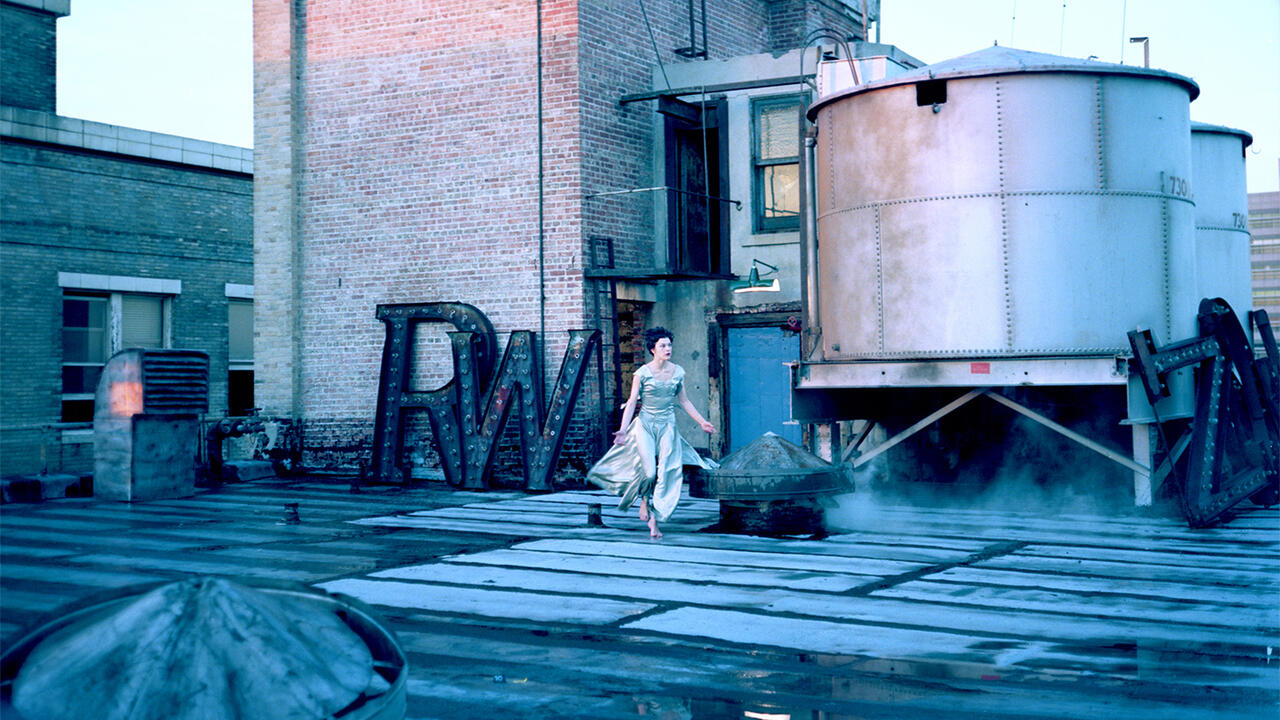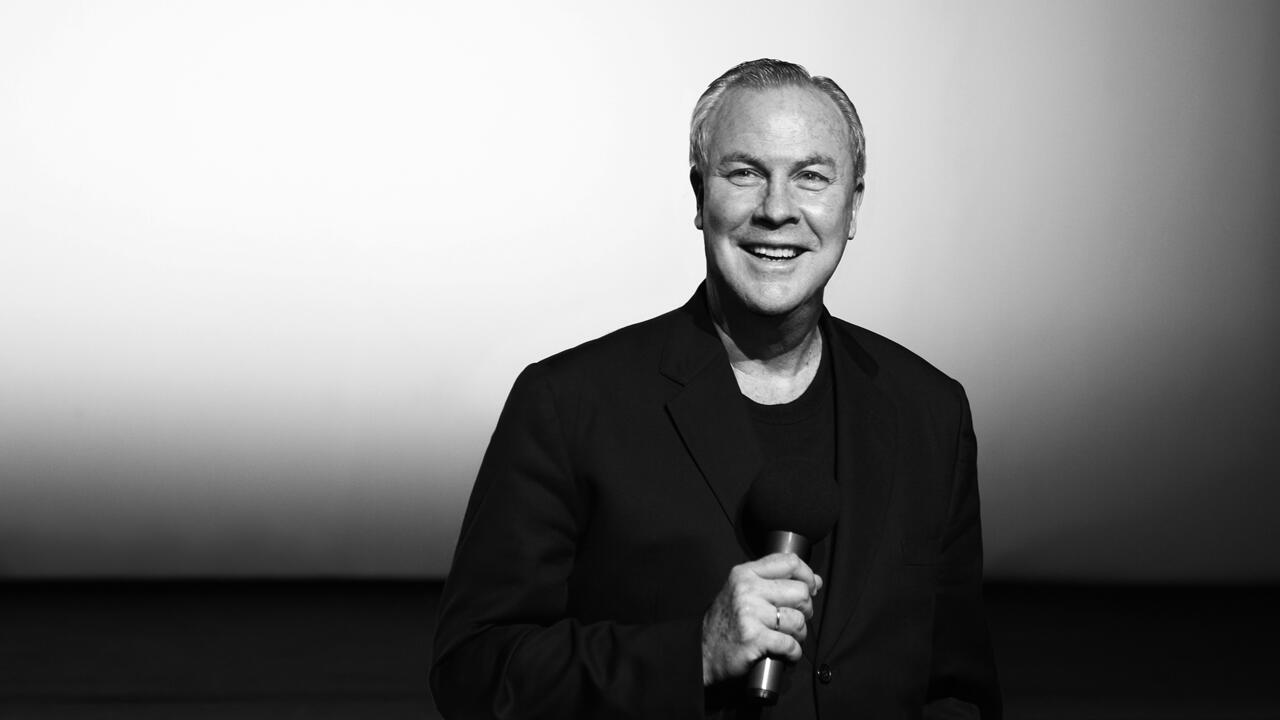The Death of Socialism: Pietro Marcello’s Individualist Nightmare
With the UK film release of Jack London’s novel Martin Eden, Caitlin Quinlan speaks to the director about the adaption's themes of class, mobility and hazardous individual success
With the UK film release of Jack London’s novel Martin Eden, Caitlin Quinlan speaks to the director about the adaption's themes of class, mobility and hazardous individual success

‘It’s very important for a film to age well,’ says director Pietro Marcello over Zoom. There seems little doubt that his film, Martin Eden (2019) – an adaptation of Jack London’s eponymous 1909 novel – will do just that. In fact, it’s a story that lends itself to ageing well: although not an initial success for London, whose fame is most often tied to his 1903 adventure The Call of the Wild, it has since been reappraised as a display of uncanny foresight into the ways ideological individualism would destroy socialism and thus aid the rise of fascism across the world.
For Marcello, who first read Martin Eden more than 20 years ago, it is a story that has lingered in his mind. A portrait of a young, proletarian sailor – whose love for Elena, the daughter of a bourgeois family, sparks his desire to educate himself and become a writer – Martin Eden is a modern parable for the perils of individual ambition over collective success. Working his way up the social ladder with the wealthy Elena by his side, Martin becomes intent on leaving behind his class origins, a path that leaves him ultimately bereft of all happiness. ‘There are definitely some feelings that are the same as when I read it at 21 [...] What really struck me about Eden’s character was his resilience but also the enormous struggle that he faces.’

The filmmaker transposes the book’s narrative from California to Naples and to an unspecified era that encompasses much of the 20th century’s ideological and philosophical upheaval. ‘The idea of the film is to span the last century because I had to embody London’s foresight,’ Marcello says. He sees London’s approach as a direct attack on Eden and his rejection of socialism for individualism, a warning against this philosophy in anticipation of the kinds of tragedies dictators like Benito Mussolini inflicted upon Europe in the mid-20th century.
Marcello describes Eden as ‘like Hamlet or Faust, an archetype’, which made the film’s transposition to Italy easy. It’s hugely effective, too, to see this young everyman navigate a fractured world with no real sense of time to anchor the viewer – after all, how often has the repetition of history impacted the present? This rich tapestry of a century is further explored by mixing analogue film formats – 16mm and 35mm – with archival footage of street life and labourers in industrializing cities to reflect a sense of ongoing global transition. These choices give Marcello’s film a romance and warmth that fades to a desolate beauty as Eden continues on his troubled path.

Marcello’s interpretation of the film diverges from the book in several ways, notably in how it depicts the women surrounding Eden and their influence on his life. There are two love interests, Elena and Margarita, as well as the matriarchal figure of Maria, his tutor at a teaching centre for adults, who supports his burgeoning writing career. Depicted as harbingers of education and growth, Eden’s tutors become synonymous with his rise and eventual fall. Their encouragement elevates his ambition, but his ultimate refusal of their support is the misstep that comes to define his modern tragedy.
Early in the film, footage of the Italian anarchist Errico Malatesta – a radical anti-monarchist during the late 19th century – provides an important contrast to the film’s ending. ‘The historical and cultural collocation is this: you have, in the UK, anarchists who found their way into the mainstream. In Italy, they were always perceived as people who just placed bombs,’ Marcello explains. ‘The ending of Martin Eden is what we see nowadays: the most intense form of narcissism in cultural figures being pushed to its very vacuous extreme.’

This attack on individualism is the narrative’s lasting reflection as, in reaching the height of his success as a writer and rejecting his working-class background, Martin becomes an embittered, jaded man, trapped in his wealth and isolation. ‘Paradoxically, he had done everything before he became famous,’ the filmmaker says. ‘At the end, he has nothing to say. The problem is that he loses himself because he no longer has any relationship with others. He’s a great con artist. He pushes the boat out too far. After that, he becomes something else; he develops all the worst qualities of an empty artistic figure. He really is cut off: he fights for himself, he struggles for himself and, in the end, he dies for himself.’
Interpreter: Stefania Bochicchio
Main image and thumbnail: Pietro Marcello, Martin Eden, 2019, film still. Courtesy: New Wave Films























